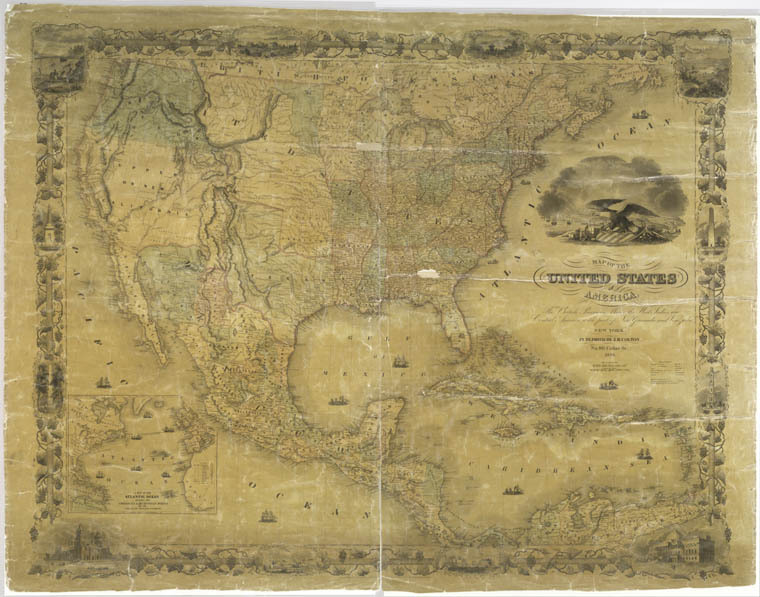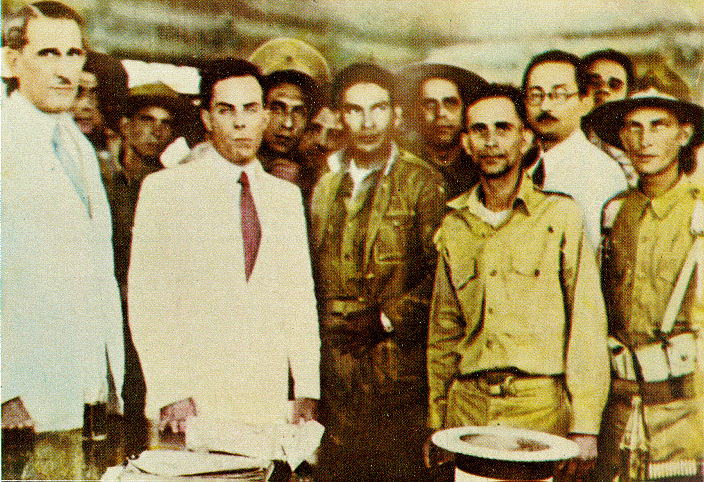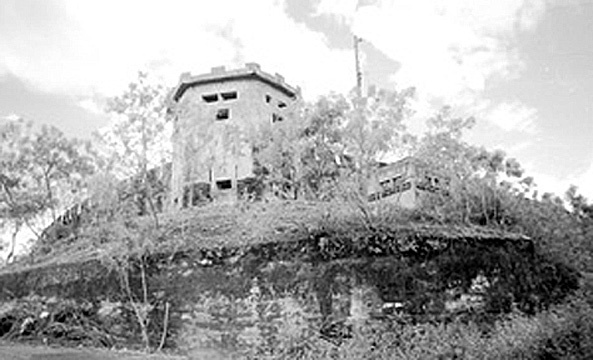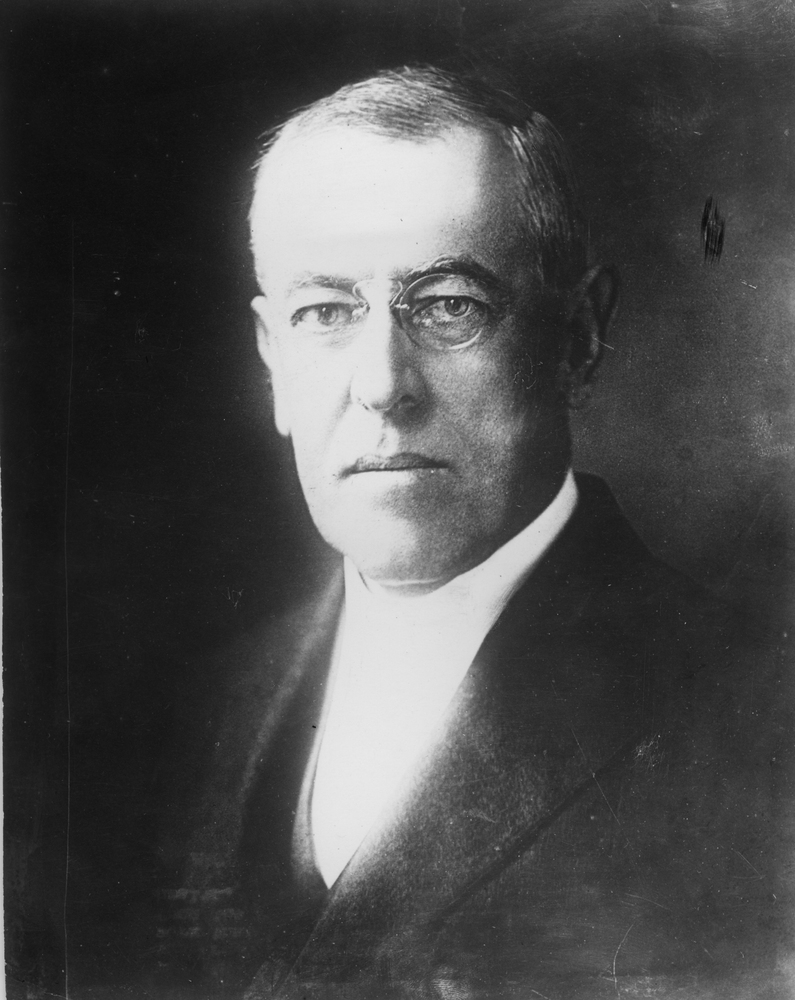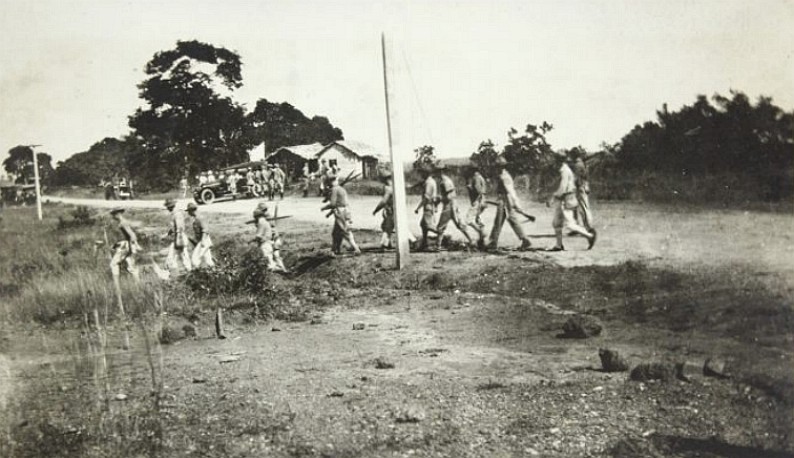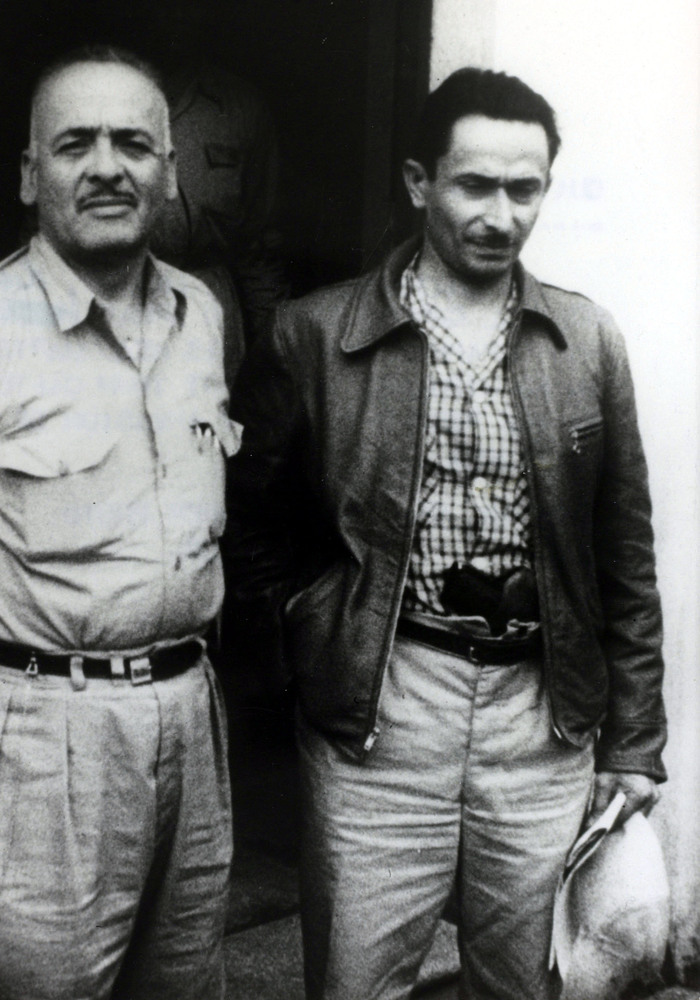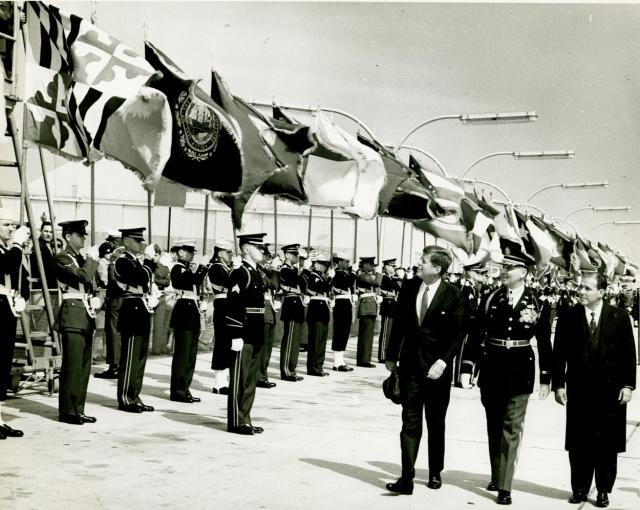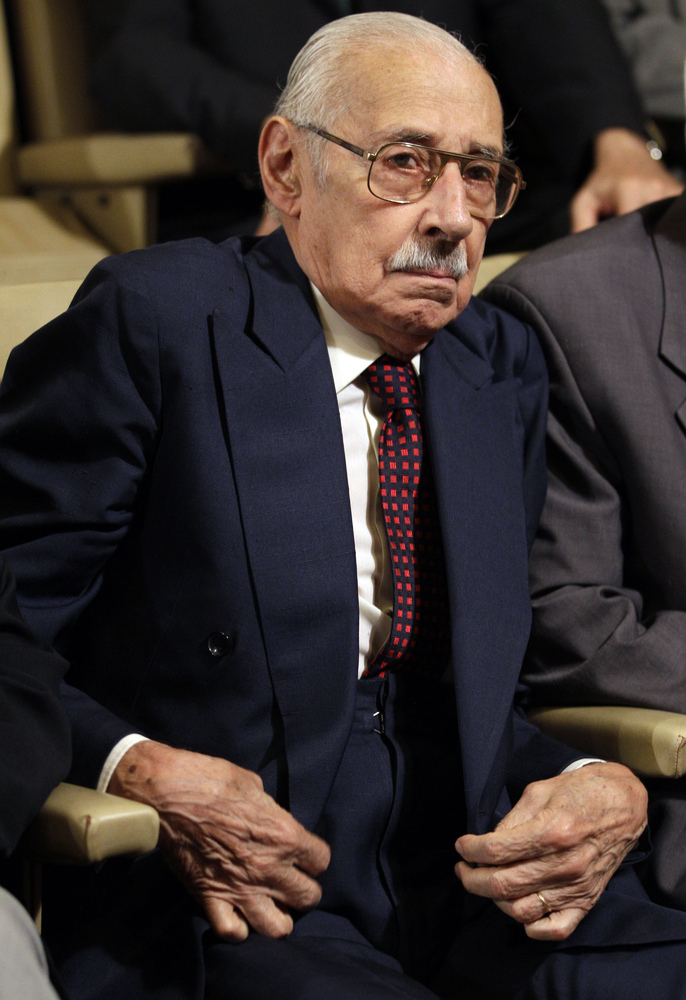Many people in the USA think it's done little wrong to other countries.
However, this is our biggest PET PEEVE with how half of America thinks (especially with racists and many Bay Area white suburbanites).
Here's a very historical article that provides those people a BIG reality check and wake up call!
Please read below and tell us your thoughts:
19 Reasons Latin Americans Come To The U.S. That Have Nothing To Do With The American Dream
The conventional wisdom says that most Latin American migrants who come to the United States are looking for a better life, inspired by the "American Dream." And it's hard to deny that there's a lot of truth in that.
But there's another side to the story -- people leave Latin America because life there can be very hard. Poverty, political instability and recurring financial crises often conspire to make Latin American life more challenging than in the U.S., a wealthy country with lots of job opportunities. Living on the northern side of the U.S.-Mexico border, it's easy to view Latin America as another world, isolated from the United States.
But the truth is that the U.S. government has historically made life in Latin America harder by overthrowing democratically elected governments, financing atrocities and pushing trade policies that undermine Latin American industries, dealing blows to local economies.
Perhaps instead of building walls, the United States should focus on being a better neighbor.
Here are 19 ways the U.S. government has helped spur immigration by making life harder in Latin America.
-
Took over almost half of Mexico
-
-
Colonized Puerto Rico in 1898
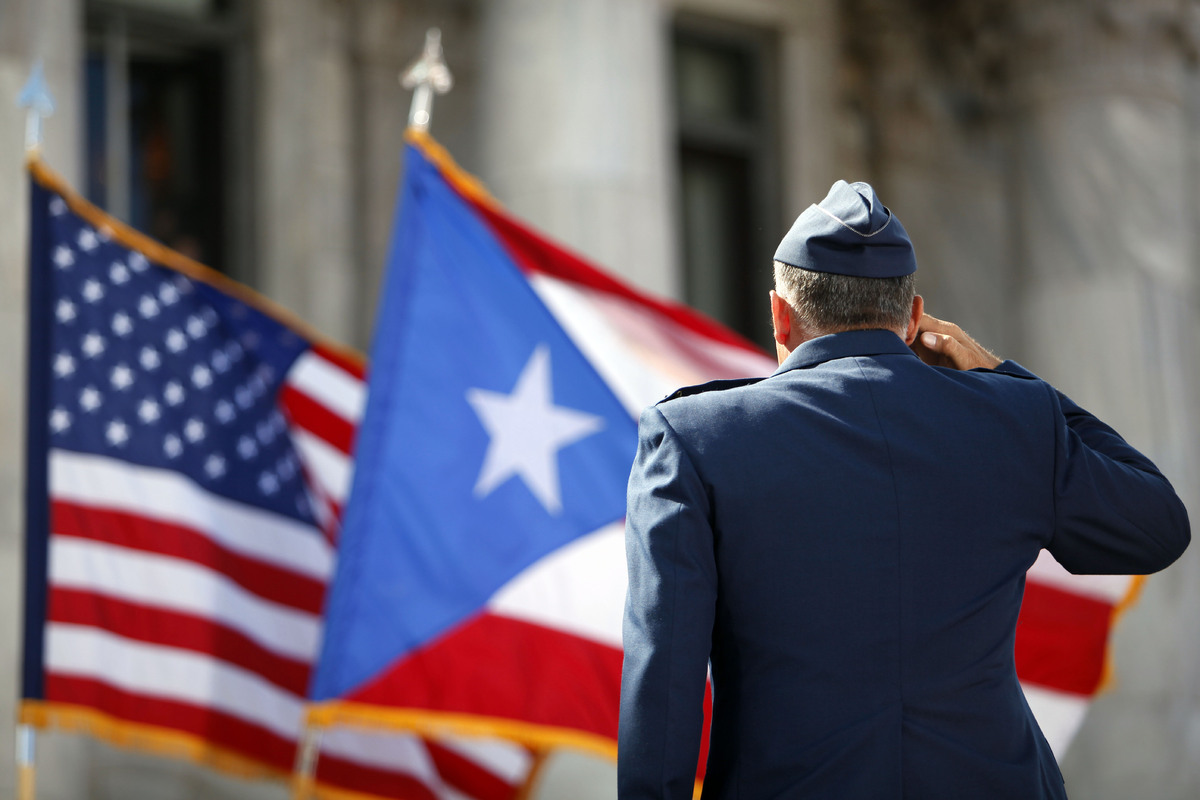 A member of the U.S. Army Honor Guard salutes the Puerto Rican and U.S. flags.
A member of the U.S. Army Honor Guard salutes the Puerto Rican and U.S. flags.The United States invaded Puerto Rico in 1898 during the Spanish American War and has retained control of the island ever since. More people of Puerto Rican descent currently live in the United States than on the island.
-
Took over Cuba, put a naval base there, and only left when the new government allowed them the right to intervene at will
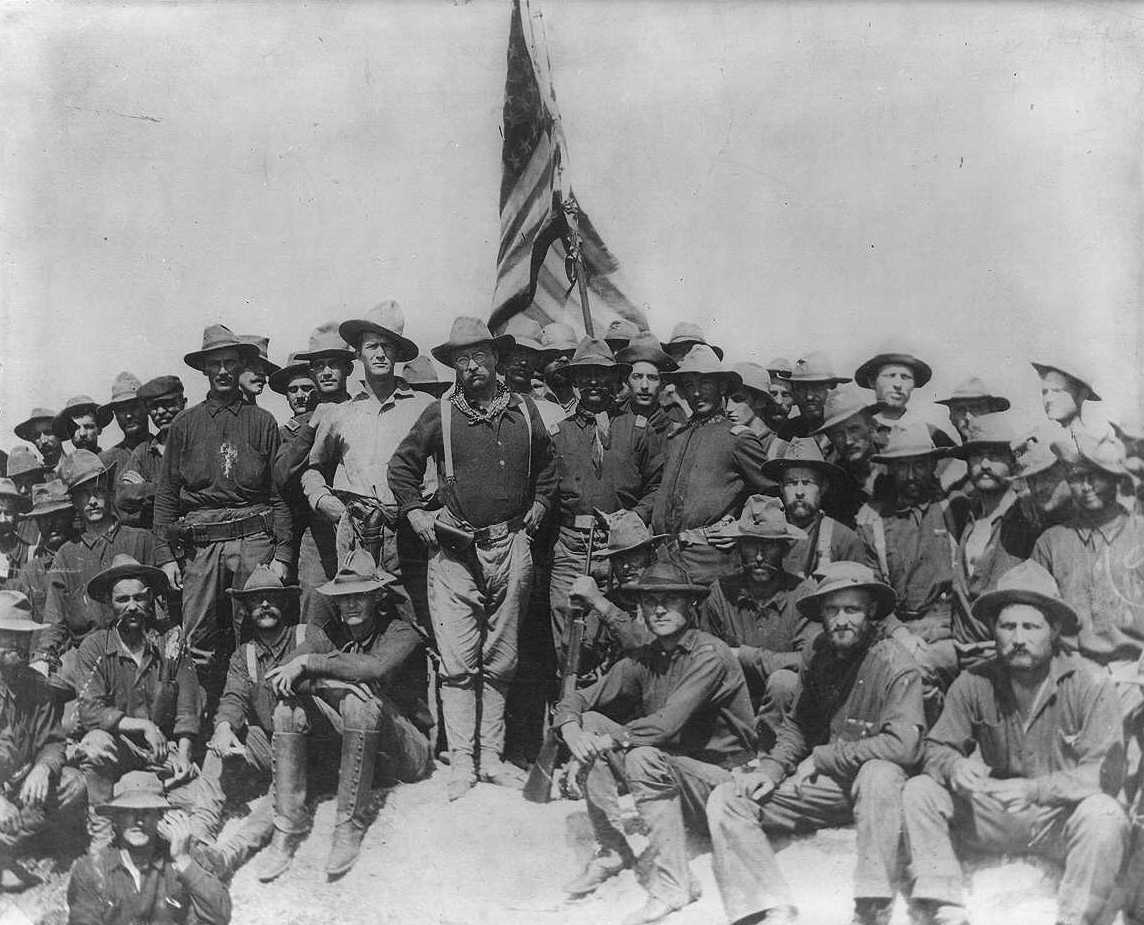 Wikimedia: Col. Theodore Roosevelt stands triumphant on San Juan Hill, Cuba.
Wikimedia: Col. Theodore Roosevelt stands triumphant on San Juan Hill, Cuba.And yet somehow, U.S. politicians viewed themselves as liberators. Later U.S. administrations would use the naval base to
jail suspected terrorists and hold them indefinitely without trial, also submitting them to torture tactics, according to Human Rights Watch.
-
Invaded and occupied Cuba two more times
-
WikiMedia: The leaders of the 1933 Sergeants revolution: Ramón Grau, Sergio Carbó and Sgt. Fulgencio Batista.
-
Invaded Nicaragua and occupied the country for two decades
-
WikiMedia: Fort on Coyotepe hill, near Masaya, Nicaragua, during the Nicaraguan Civil War and U.S. occupation, circa 1912.
The United States invaded Nicaragua in 1912 and occupied the country until 1933. Shortly after the U.S. forces left, Anastasio Somoza took over, launching a decades-long dynastic dictatorship with U.S. support.
-
Invaded Haiti and occupied the country for nearly 20 years
-
PA
Woodrow Wilson ordered the Marines to invade and occupy Haiti in 1915 after the assassination of the Haitian president. The troops didn't leave until 1934.
-
Invaded the Dominican Republic in 1916
-
WikiMedia: U.S. Marines in action in the Dominican Republic, c. 1916-1920.
Mainly to collect debts, the United States invaded the Dominican Republic in 1916. The occupation lasted eight years.
-
Overthrew Guatemala's elected government in 1954
-
Getty Images: 28th June 1954, Colonel Carlos Castillo Armas, right.
At the behest of United Fruit Company, a U.S. corporation with extensive holdings in Central America, the CIA helped engineer the overthrow of the Guatemalan government in 1954, ushering in decades of civil war that resulted in the loss of
hundreds of thousands of lives.
-
Organized the Bay of Pigs invasion in 1961
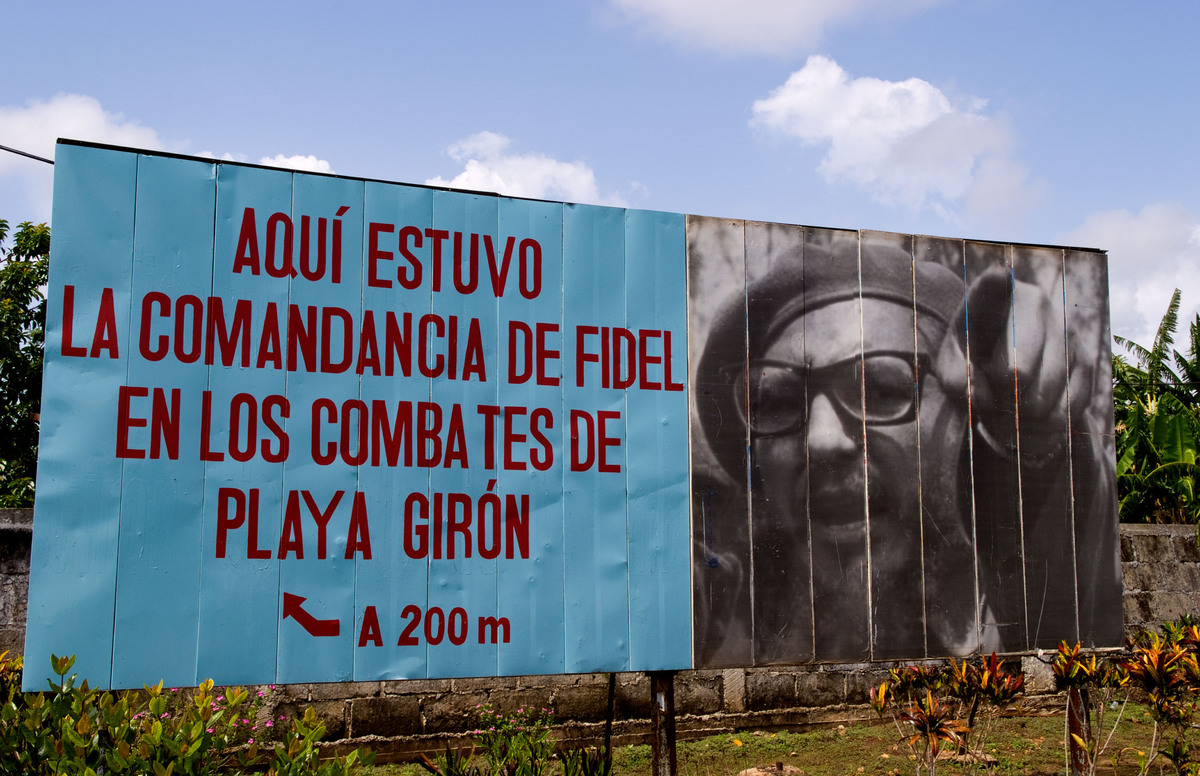 Alamy
AlamyThe CIA organized and financed a group of anti-Fidel Castro exiles in an ill-fated attempt to overthrow the revolutionary government. The botched invasion ended in disaster and Castro
declared himself a "Marxist-Lenninist" eight months later.
-
Supported the overthrow of a democratically elected government in Brazil
-
WikiMedia: U.S. Army officer Charles Murray walks with Pres. John F. Kennedy, left, and Brazilian Pres. João Goulart on April 3, 1962.
-
Helped overthrow Chile's elected government in 1973
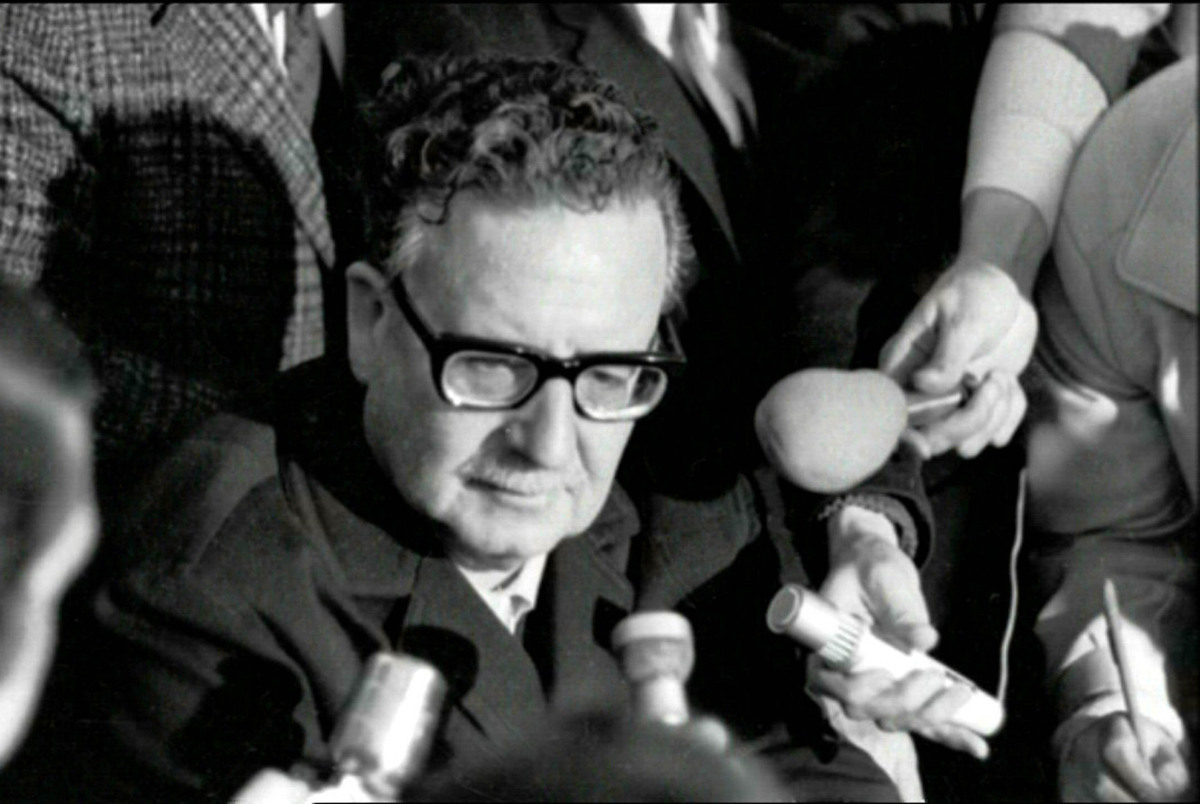 Alamy: Former President of Chile Salvador Allende.
Alamy: Former President of Chile Salvador Allende. General Augusto Pinochet, with the
support of the Nixon administration, overthrew the democratically elected government of Salvador Allende, ushering in decades of violent dictatorship.
-
Backed a military dictatorship in Argentina that killed 30,000 people
-
Former head of Argentina's military dictatorship Jorge Rafael Videla.
-
Paid a failed rebel army to overthrow the Nicaraguan government
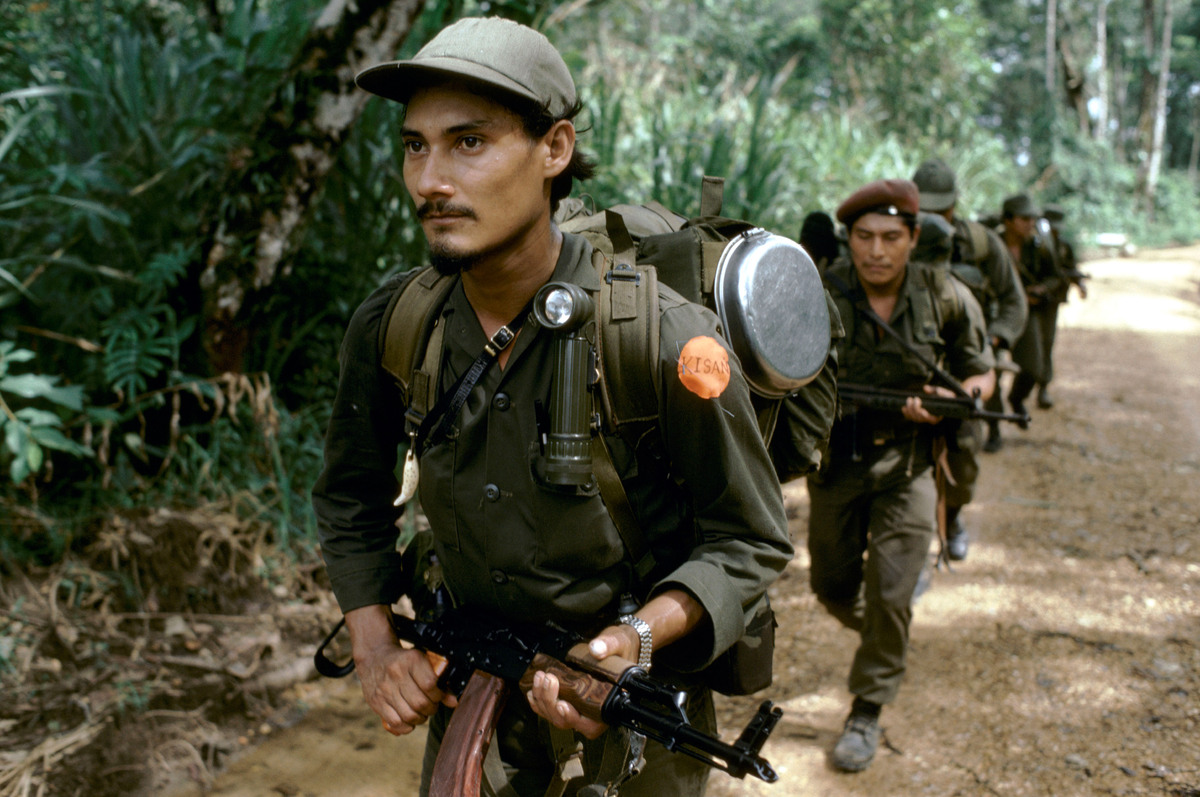 Alamy
Alamy
-
Invaded Haiti Again In 1994
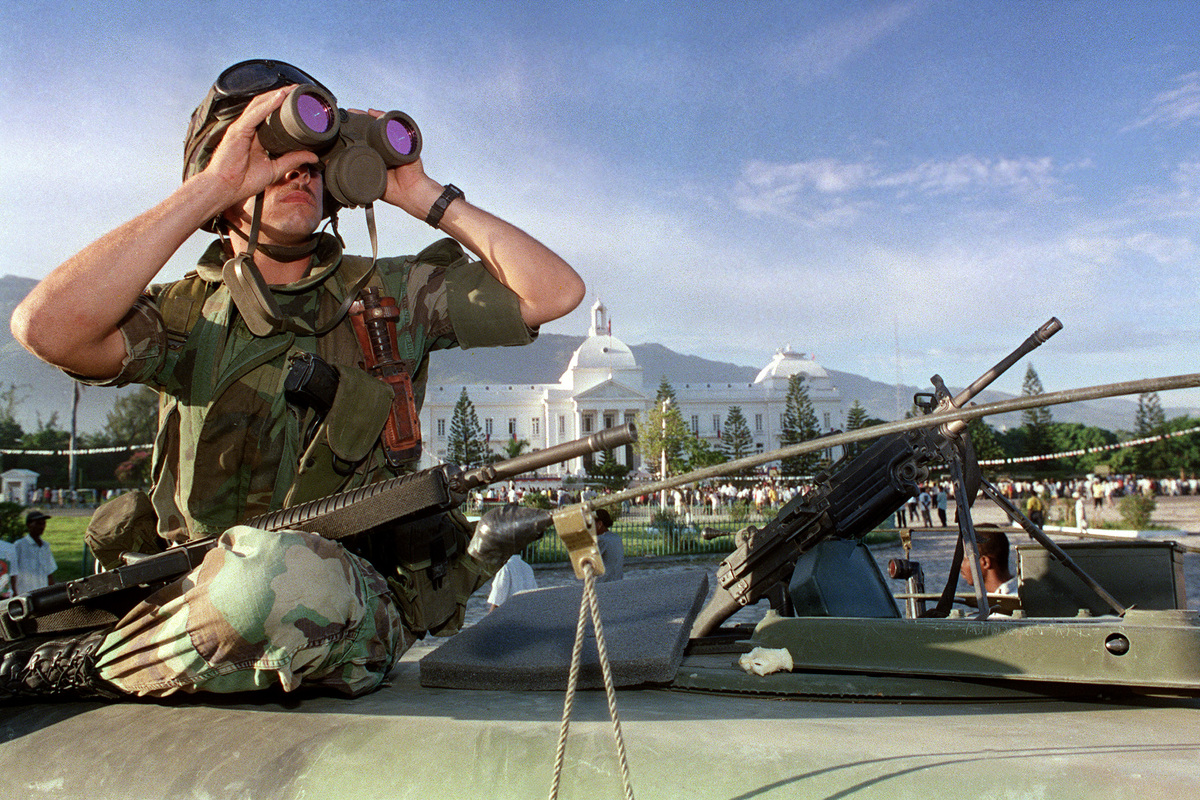 A U.S. Army soldier monitors the surroundings of the National Palace, on Oct. 15, 1994, in Port-au-Prince, Haiti.
A U.S. Army soldier monitors the surroundings of the National Palace, on Oct. 15, 1994, in Port-au-Prince, Haiti.
-
Fomented a rebellion in Panama in order to build a canal
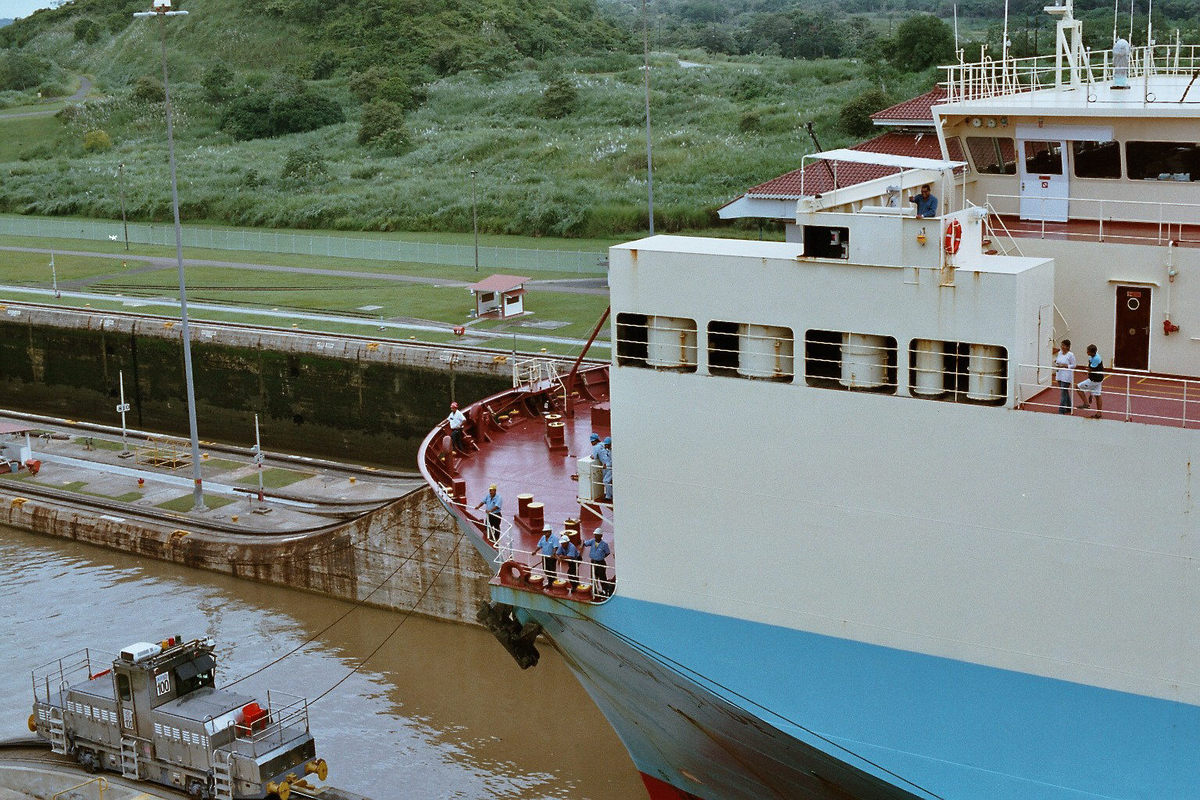 WikiMedia: Miraflores Locks, Panama Canal.
WikiMedia: Miraflores Locks, Panama Canal.
-
Backed the Salvadoran military as it committed atrocities in the 1980s
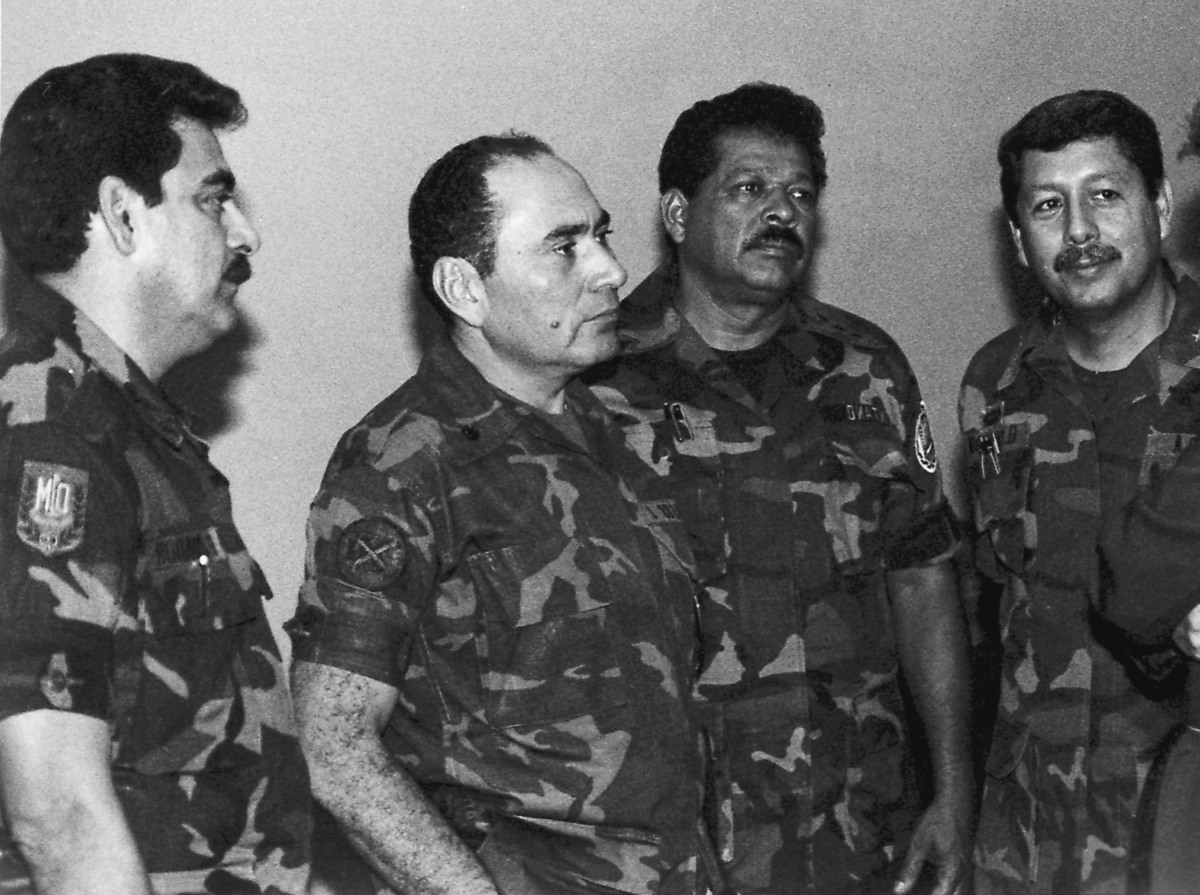 AP: Former Salvadoran military officials.
AP: Former Salvadoran military officials.
-
Refuses to control the flow of weapons into Mexico
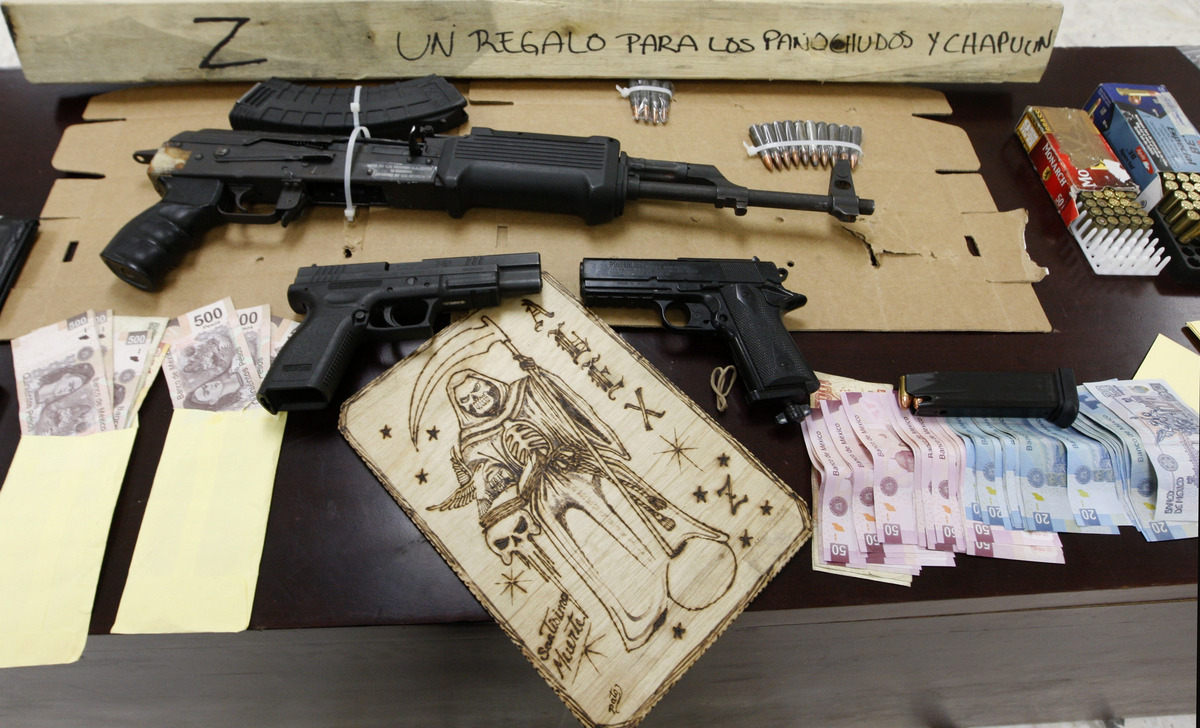 Getty Images
Getty Images
-
Helped create today's drug cartels
 AP
APThe U.S. funded the Guatemalan military during the 1960s and 1970s anti-insurgency war, despite awareness of widespread human rights violations. Among the recipients of U.S. military funding and training were the Kaibiles, a special force unit responsible for several massacres. Former
Kaibiles have joined the ranks of the Zetas drug cartel.
-
Pushes trade policies that lead to unemployment
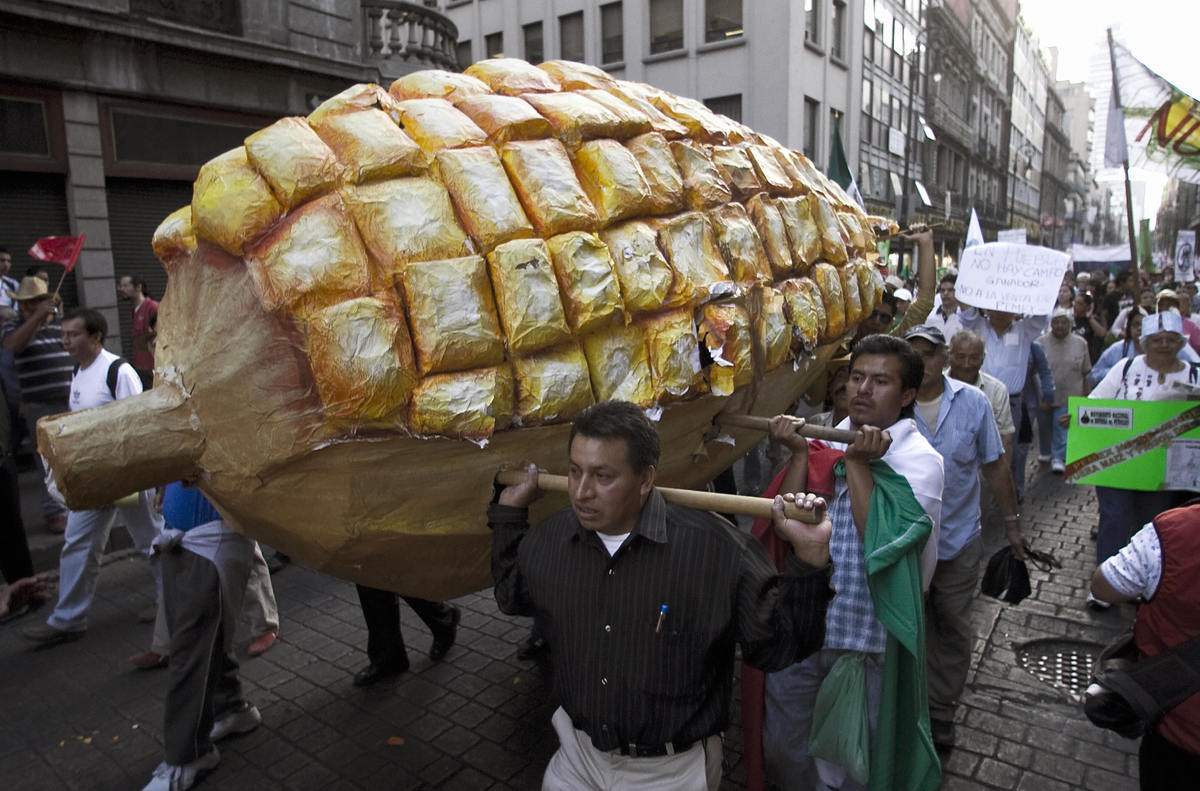 Getty Images: Demonstrators carry an oversized replica of a corn cob to protest the lowering of tariffs due to NAFTA.
Getty Images: Demonstrators carry an oversized replica of a corn cob to protest the lowering of tariffs due to NAFTA.One of the things that prompted millions of low-wage workers to
abandon Mexico over the last two decades was the
signing of the North American Free Trade Agreement in 1994. With NAFTA, cheap imports, particularly agricultural products, flooded the Mexican market, leaving farmers and other low-skilled workers without jobs. NAFTA is just one manifestation of free trade policies pushed in Washington that often have adverse effects in Latin American countries. Former
U.S.
President Bill Clinton acknowledged as much after Haiti's devastating 2010 earthquake
, saying that opening up the Haitian market to cheap U.S. rice "may have been good for some of my farmers in Arkansas, but it has not worked ... I had to live everyday with the consequences of the loss of capacity to produce a rice crop in Haiti to feed those people because of what I did, nobody else"
Source: http://www.huffingtonpost.com/2014/04/18/immigration-latin-america_n_5168356.html?utm_hp_ref=fb&src=sp&comm_ref=false

